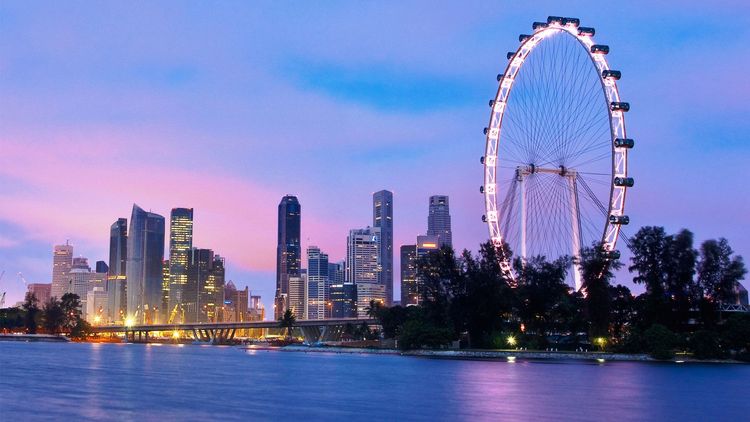Singapore
This international port city is no stranger to shifting tides. With limited land to collect and store rainwater, Singapore has faced drought, floods and water pollution in their early years of nation building.

This international port city is no stranger to shifting tides. With limited land to collect and store rainwater, Singapore has faced drought, floods and water pollution in their early years of nation building.
